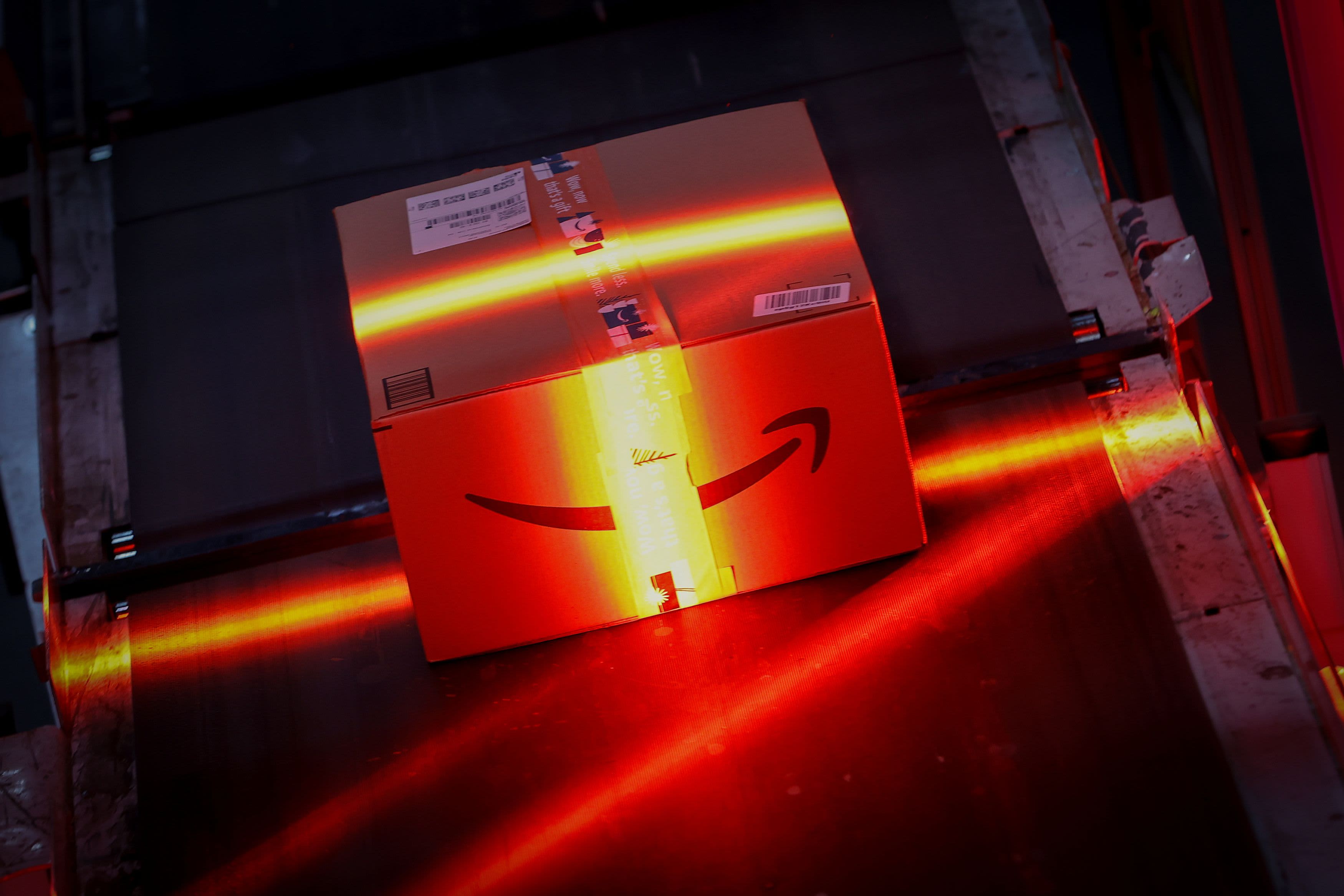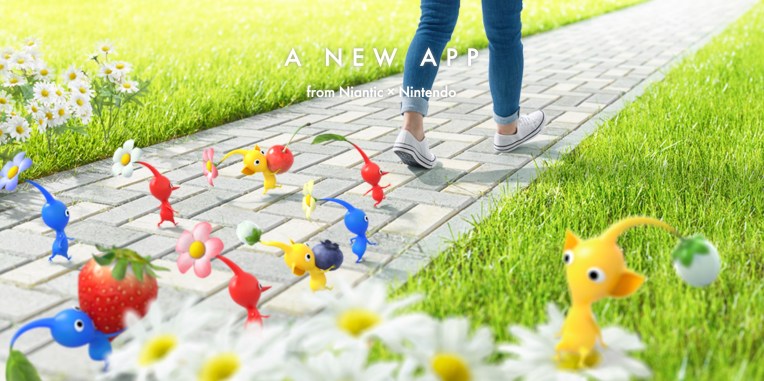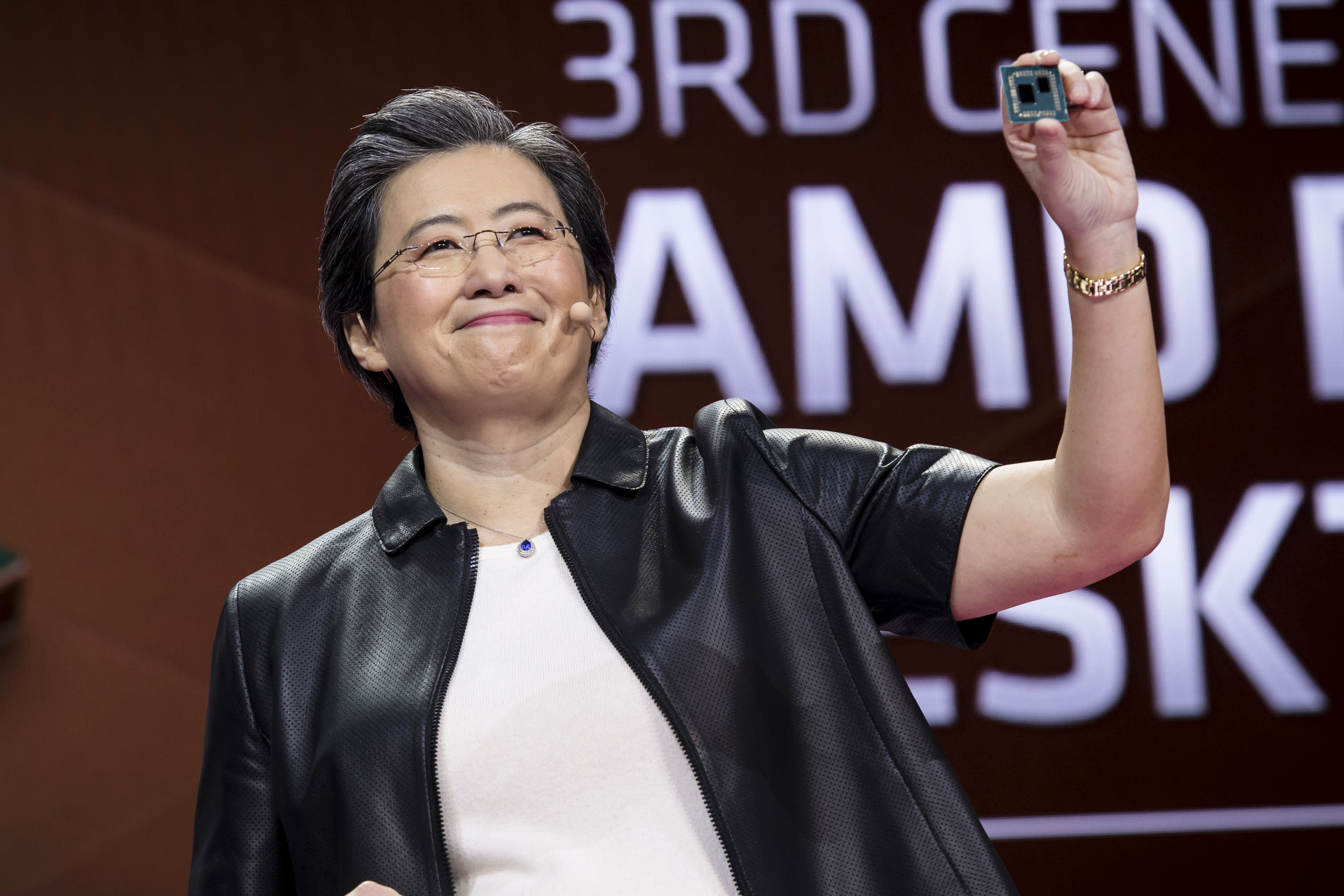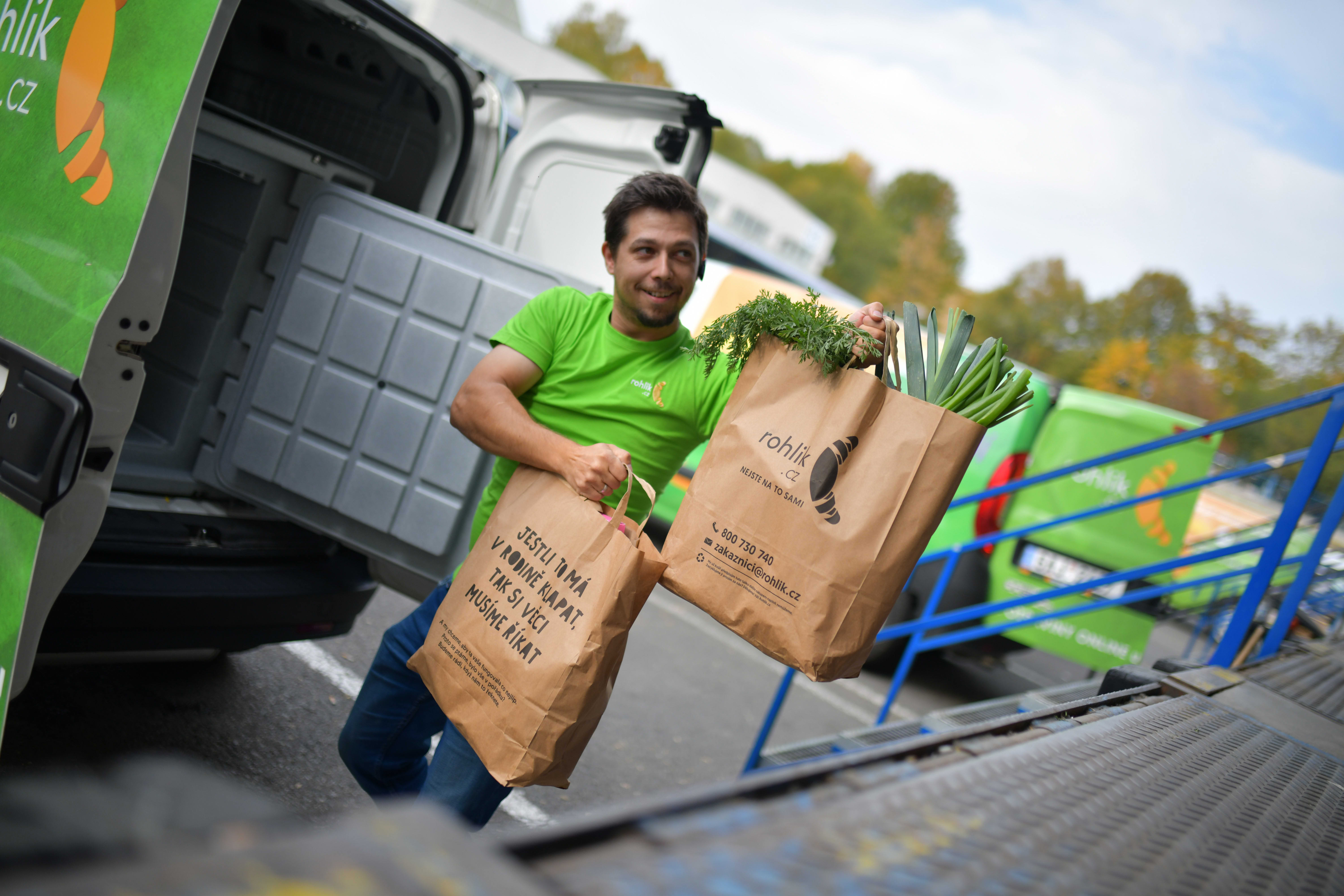Google’s medical AI chatbot is already being tested in hospitals
Illustration: The VergeGoogle’s Med-PaLM 2, an AI tool designed to answer questions about medical information, has been in testing at the Mayo Clinic research hospital, among others, since April, The Wall Street Journal reported this morning. Med-PaLM 2 is...
/cdn.vox-cdn.com/uploads/chorus_asset/file/24016885/STK093_Google_04.jpg)
Google’s Med-PaLM 2, an AI tool designed to answer questions about medical information, has been in testing at the Mayo Clinic research hospital, among others, since April, The Wall Street Journal reported this morning. Med-PaLM 2 is a variant of PaLM 2, which was announced at Google I/O in May this year. PaLM 2 is the language model underpinning Google’s Bard.
WSJ reports that an internal email it saw said Google believes its updated model can be particularly helpful in countries with “more limited access to doctors.” Med-PaLM 2 was trained on a curated set of medical expert demonstrations, which Google believes will make it better at healthcare conversations than generalized chatbots like Bard, Bing, and ChatGPT.
The paper also mentions research Google made public in May (pdf) showing that Med-PaLM 2 still suffers from some of the accuracy issues we’re already used to seeing in large language models. In the study, physicians found more inaccuracies and irrelevant information in answers provided by Google’s Med-PaLM and Med-PalM 2 than those of other doctors.
Still, in almost every other metric, such as showing evidence of reasoning, consensus-supported answers, or showing no sign of incorrect comprehension, Med-PaLM 2 performed more or less as well as the actual doctors.
WSJ reports customers testing Med-PaLM 2 will control their data, which will be encrypted, and Google won’t have access to it.
According to Google senior research director Greg Corrado, WSJ says, Med-PaLM 2 is still in its early stages. Corrado said that while he wouldn’t want it to be a part of his own family’s “healthcare journey,” he believes Med-PaLM 2 “takes the places in healthcare where AI can be beneficial and expands them by 10-fold.”
We’ve reached out to Google and Mayo Clinic for more information.

 Kass
Kass 
































